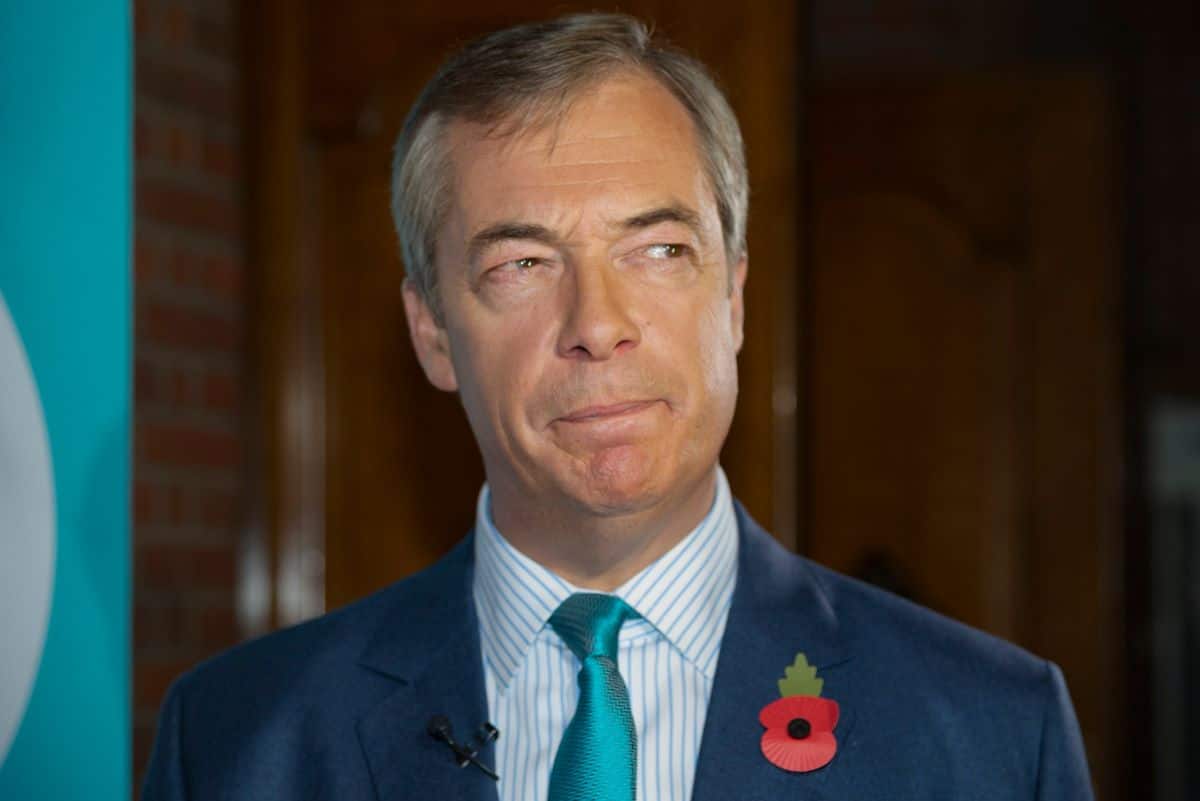Nigel Farage is one of the most polarizing figures in British politics, often credited with pushing the Brexit movement into the mainstream. He’s a man of many stances, but what really underpins his political and public endeavours?
1. Euroscepticism
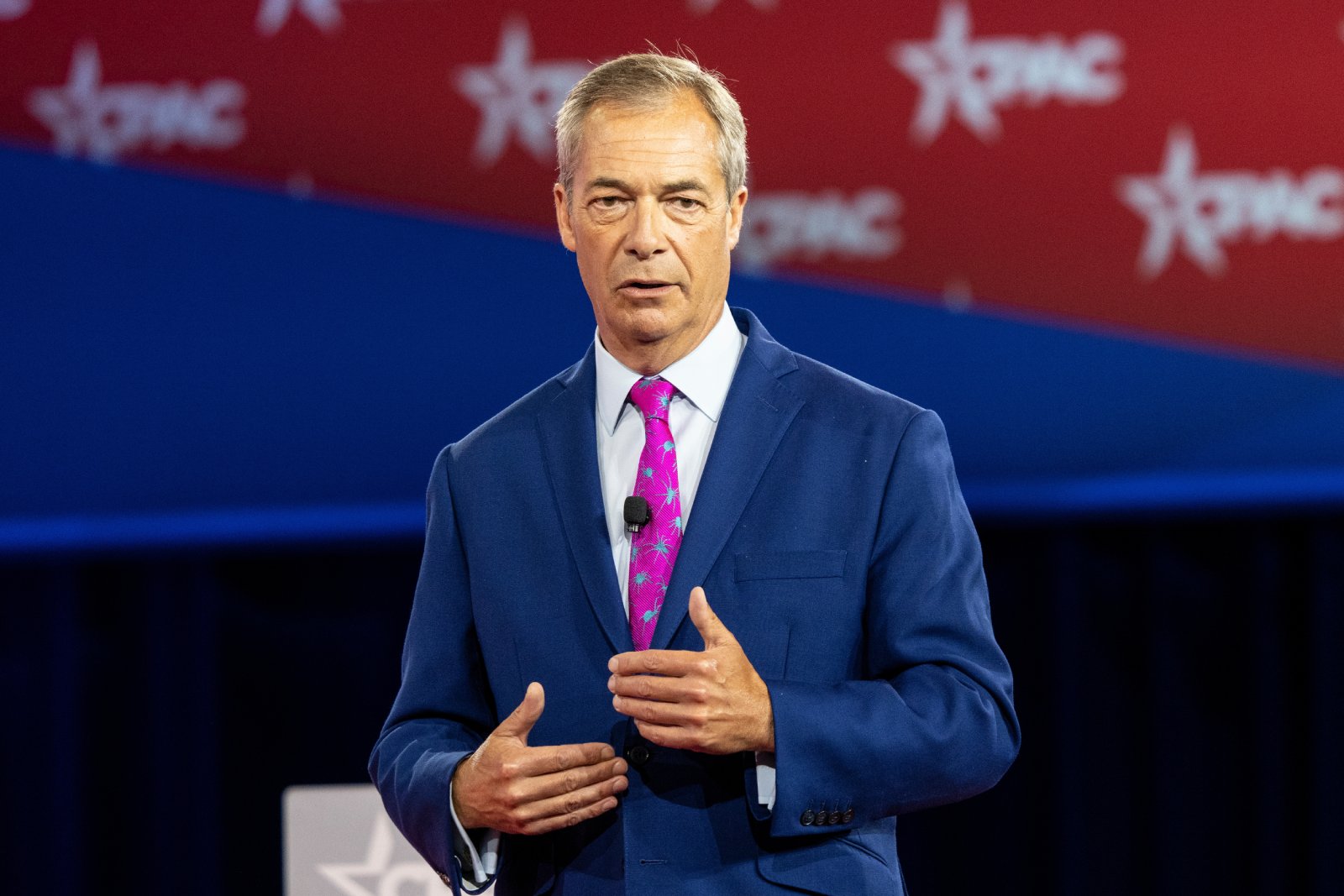
Farage’s career has largely been defined by his vehement opposition to the European Union. He believed that Britain should reclaim full sovereignty and legislative powers from EU control.
2. Immigration Control

He advocates for strict immigration policies, asserting that Britain must have the ability to control who enters the country to maintain security and cultural identity.
3. Nationalism
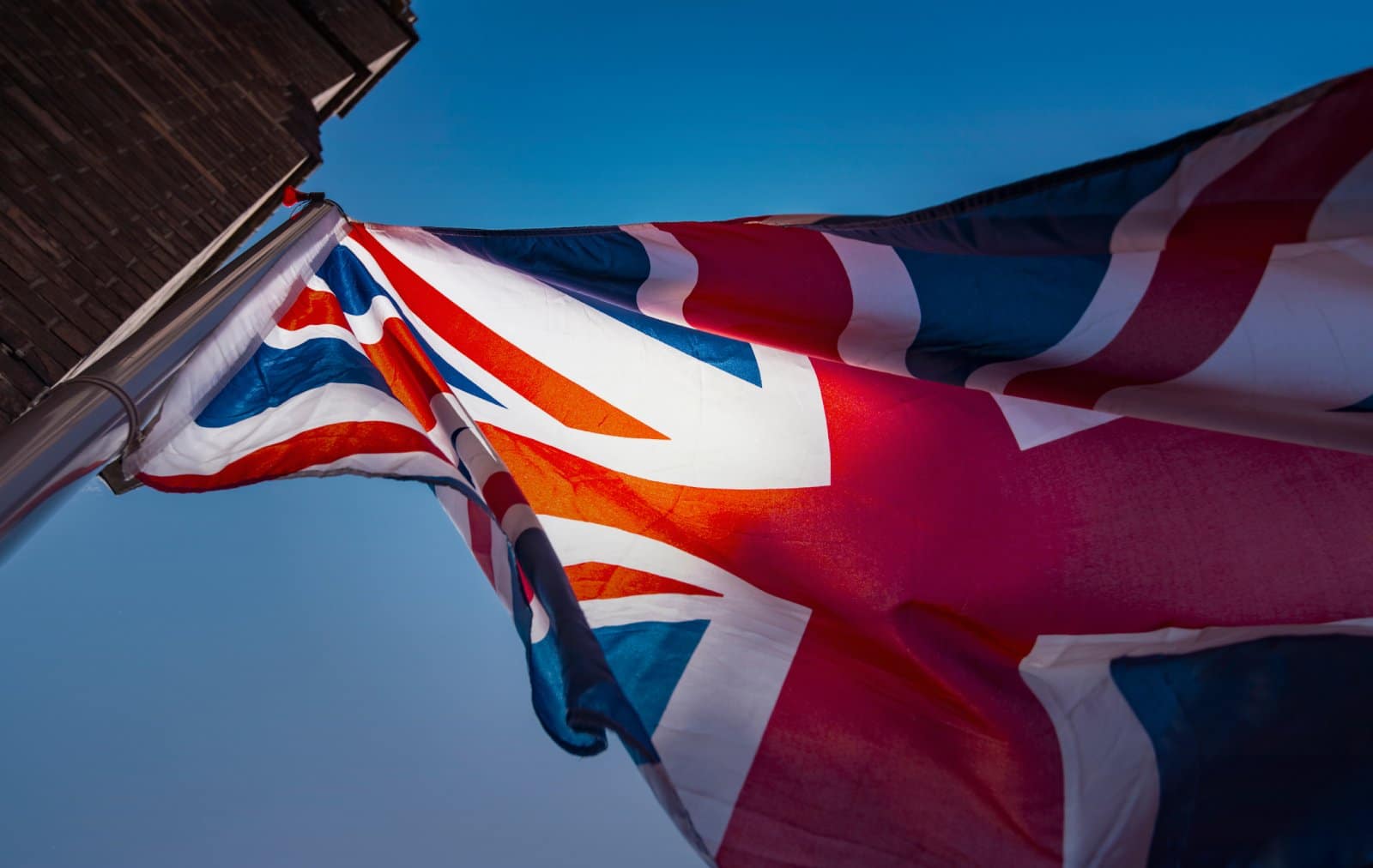
Farage promotes a strong sense of British nationalism, emphasizing that domestic interests should always come first in government policies and international dealings.
4. Anti-Elite Sentiment

Despite his background in commodities trading, Farage brands himself as an anti-establishment figure, critiquing what he sees as a disconnected and elitist political class.
5. Skepticism of Climate Change
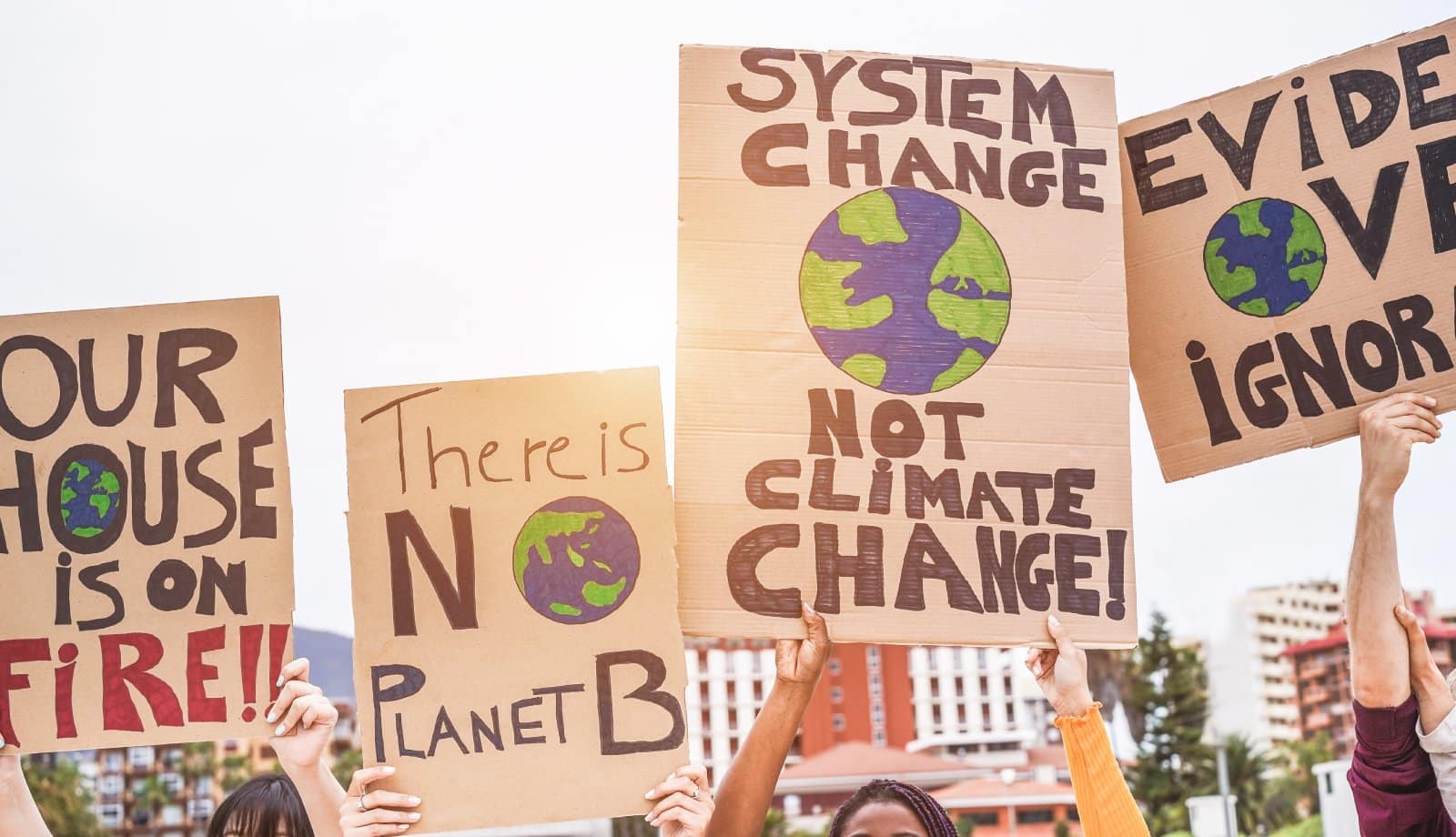
He has expressed doubt about the extent of human impact on climate change, challenging the consensus view held by most scientists and policymakers.
6. Pro-Nuclear Energy
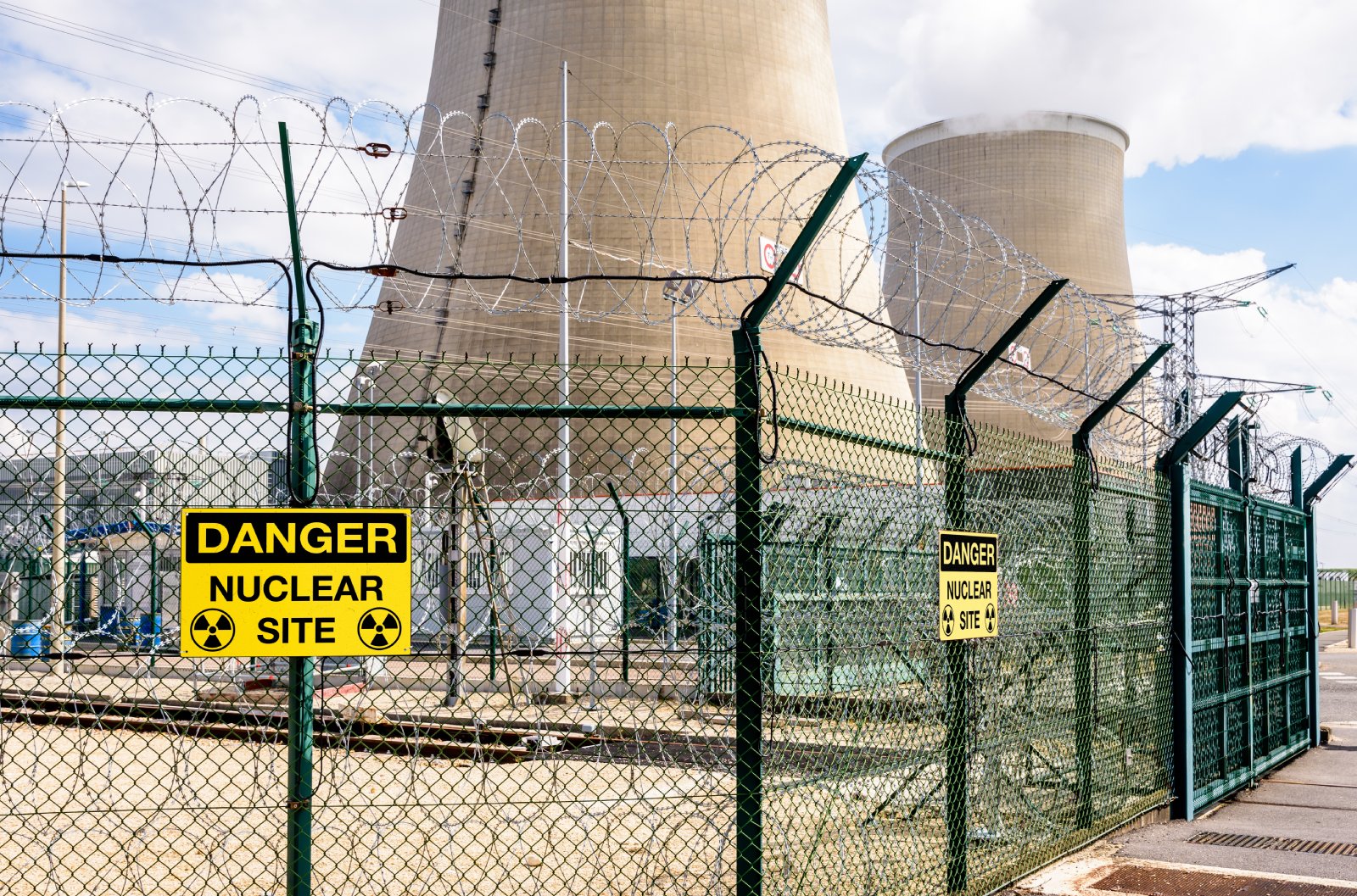
Farage supports the development of nuclear energy in the UK, touting it as a necessary step towards energy independence and a reduction in carbon emissions.
7. Criticism of Multiculturalism
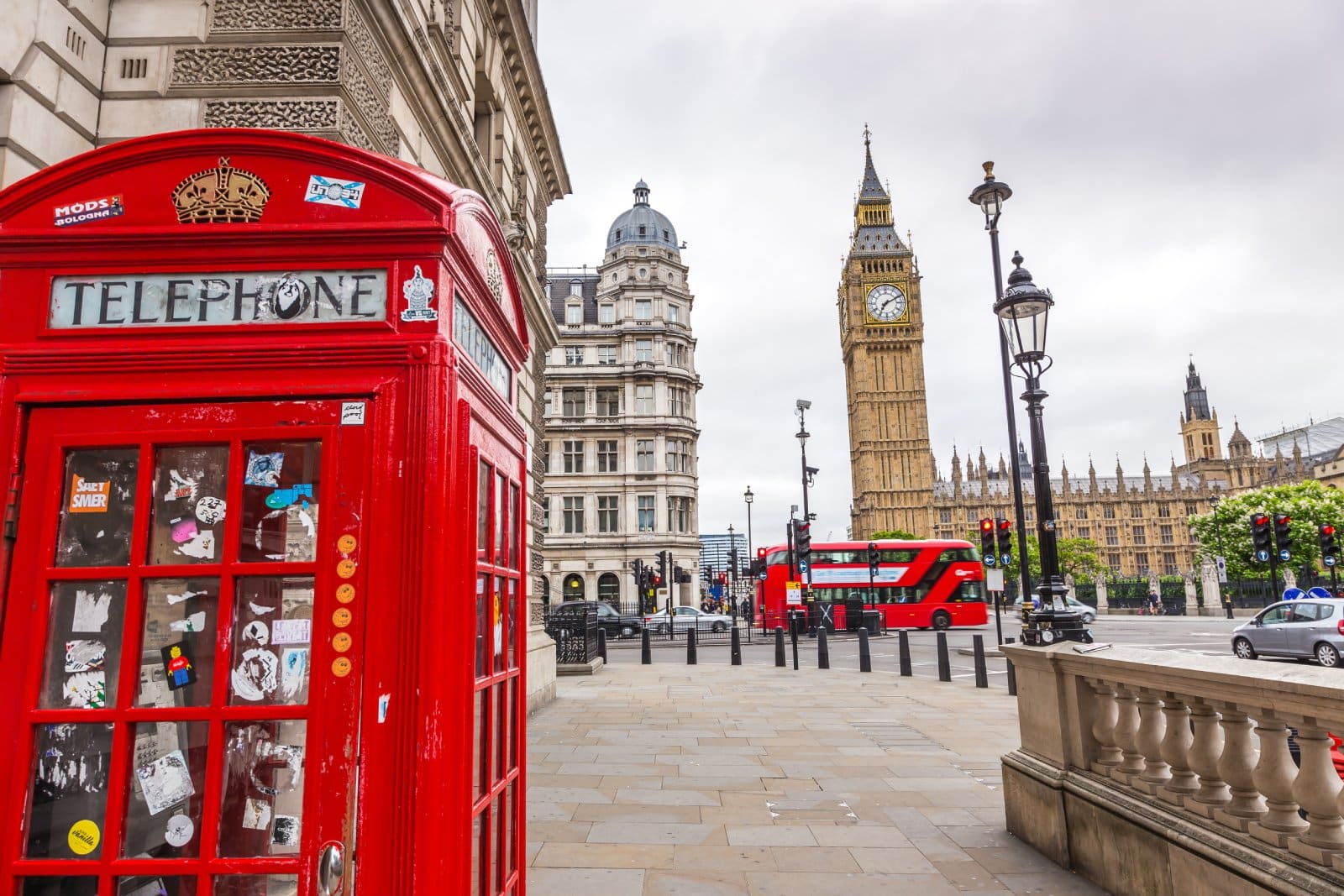
He has publicly stated that he feels multiculturalism in the UK has been pushed too far, compromising British traditions and cohesion.
8. Support for Traditional Industries
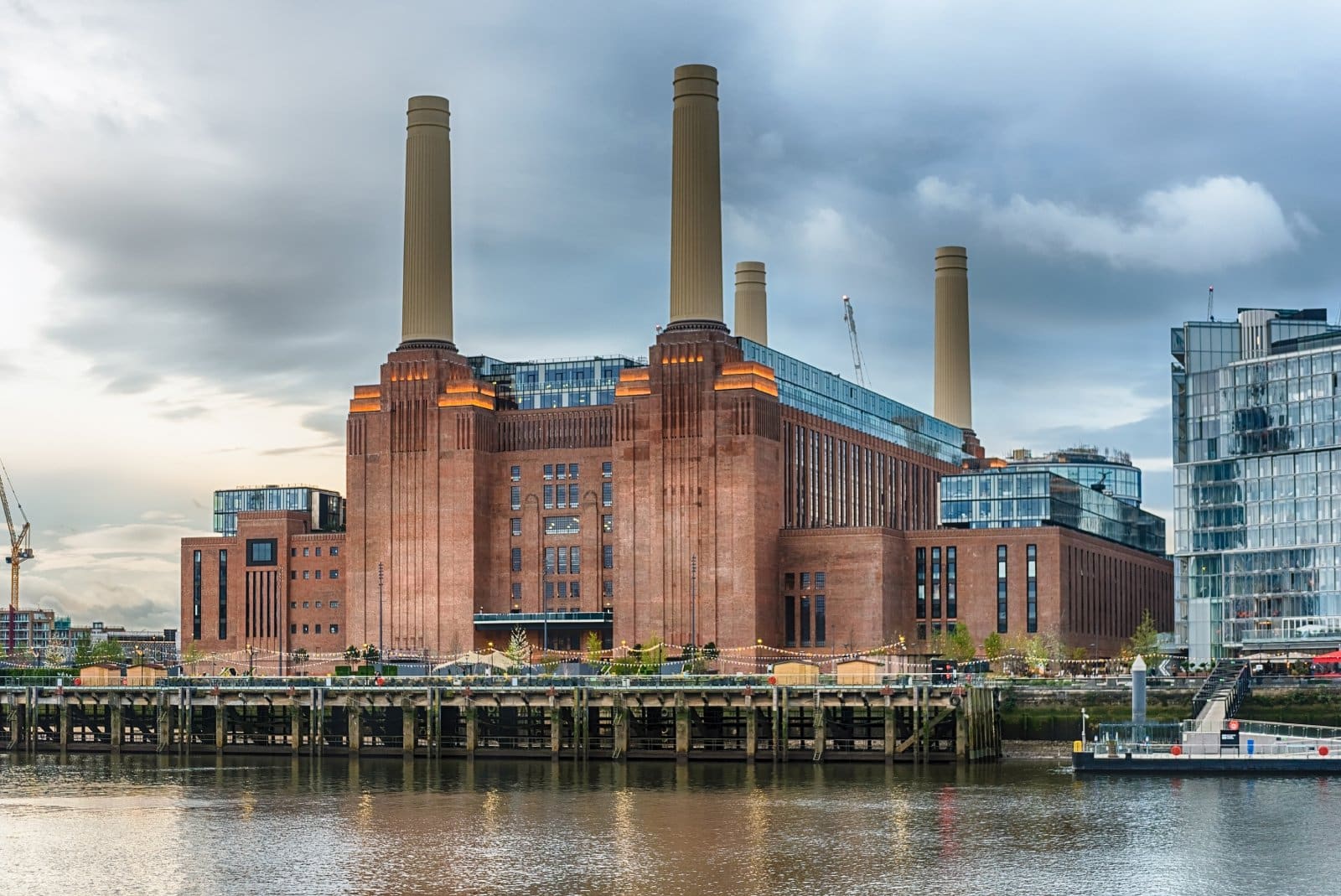
A vocal supporter of traditional British industries, Farage often speaks out against regulations that threaten jobs in sectors like coal and steel.
9. Reduction of Foreign Aid
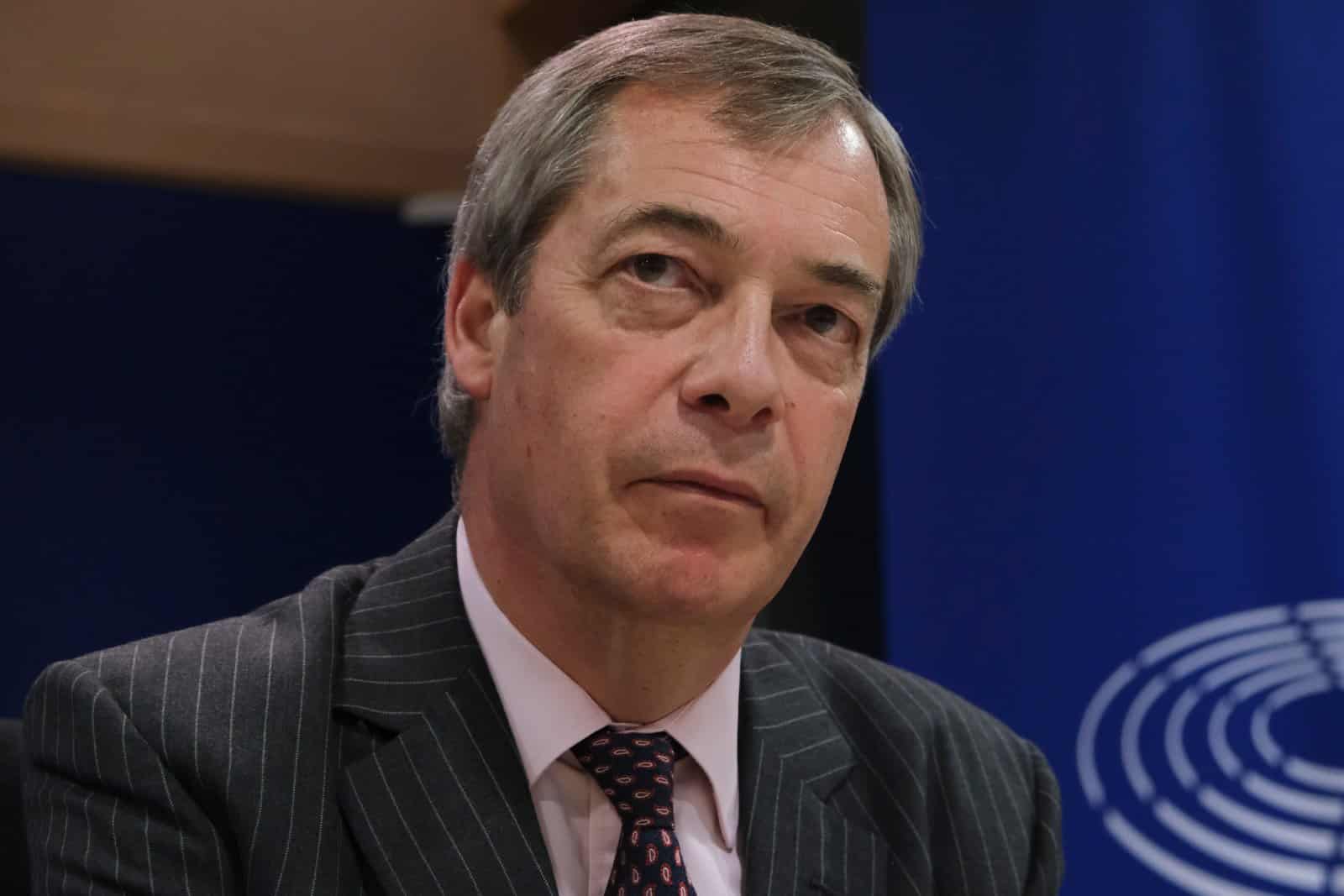
Farage argues that the UK spends too much on foreign aid and that these funds would be better spent addressing domestic issues.
10. Pro-Gun Rights
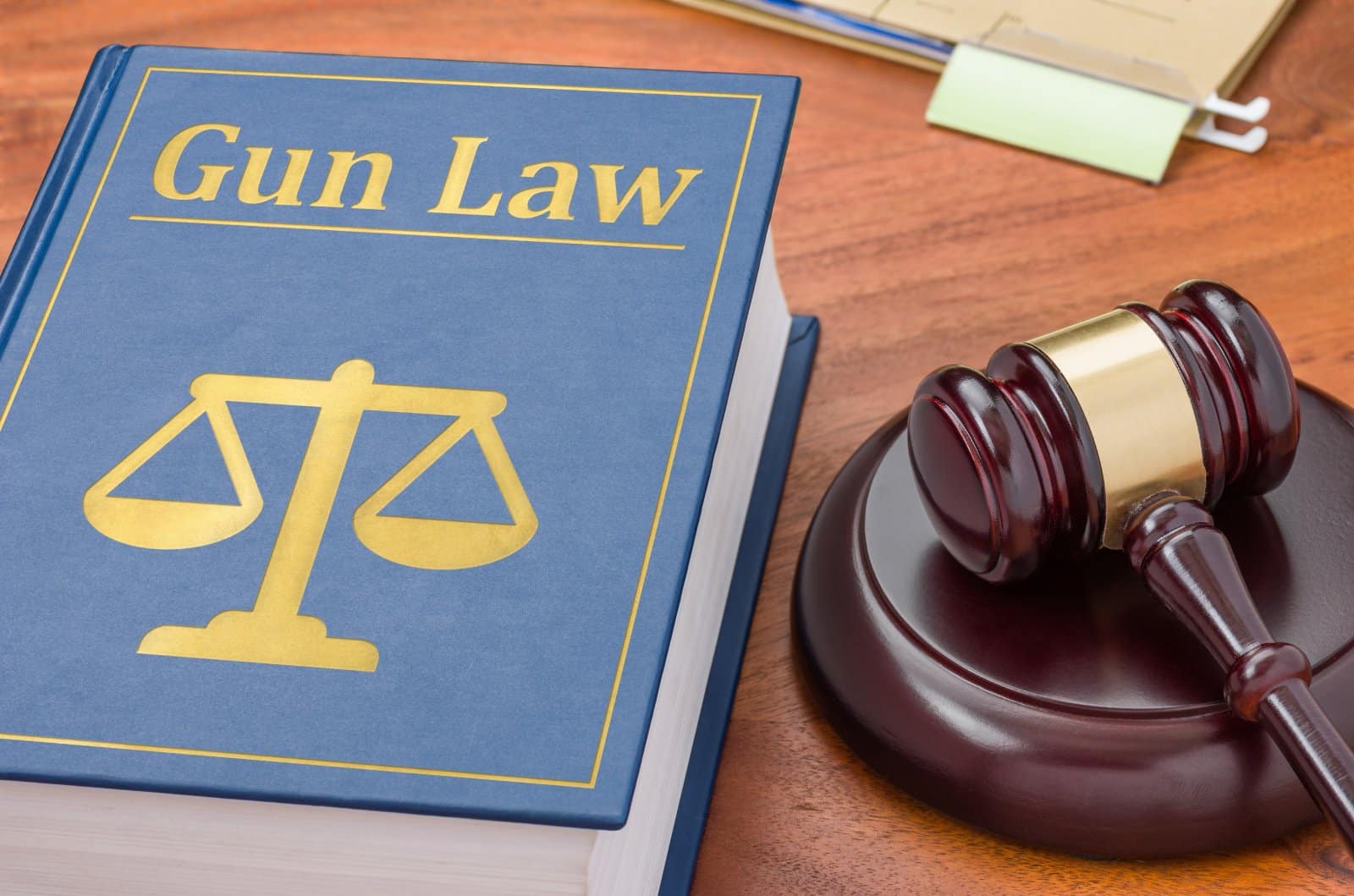
In a country known for strict gun control, Farage’s openness to relaxing gun laws stands out as particularly controversial.
11. Anti-Lockdown Stance
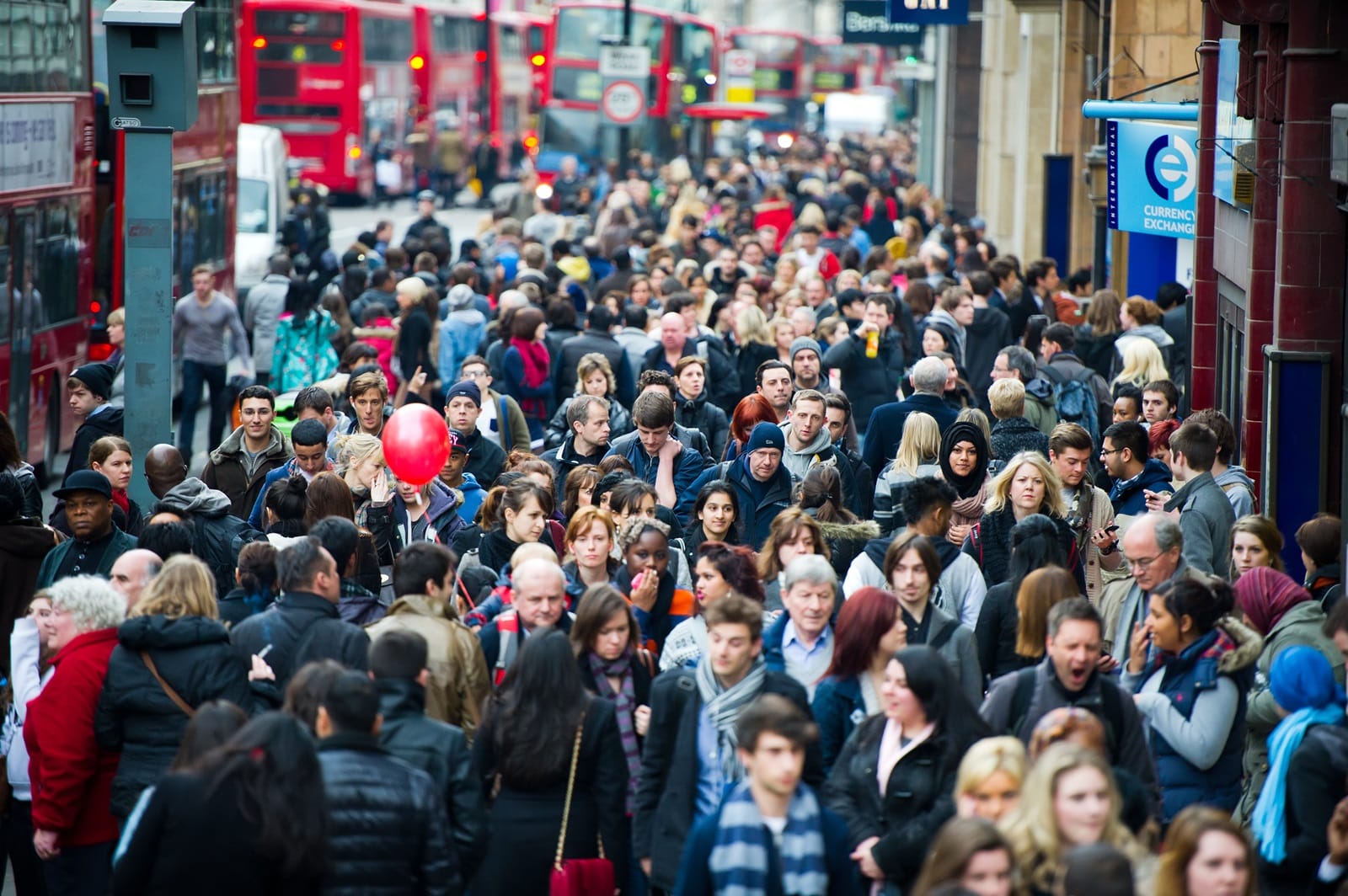
During the coronavirus pandemic, Farage was a prominent critic of lockdown measures, claiming they did more harm than good to the UK’s economy and society.
12. Criticism of the BBC
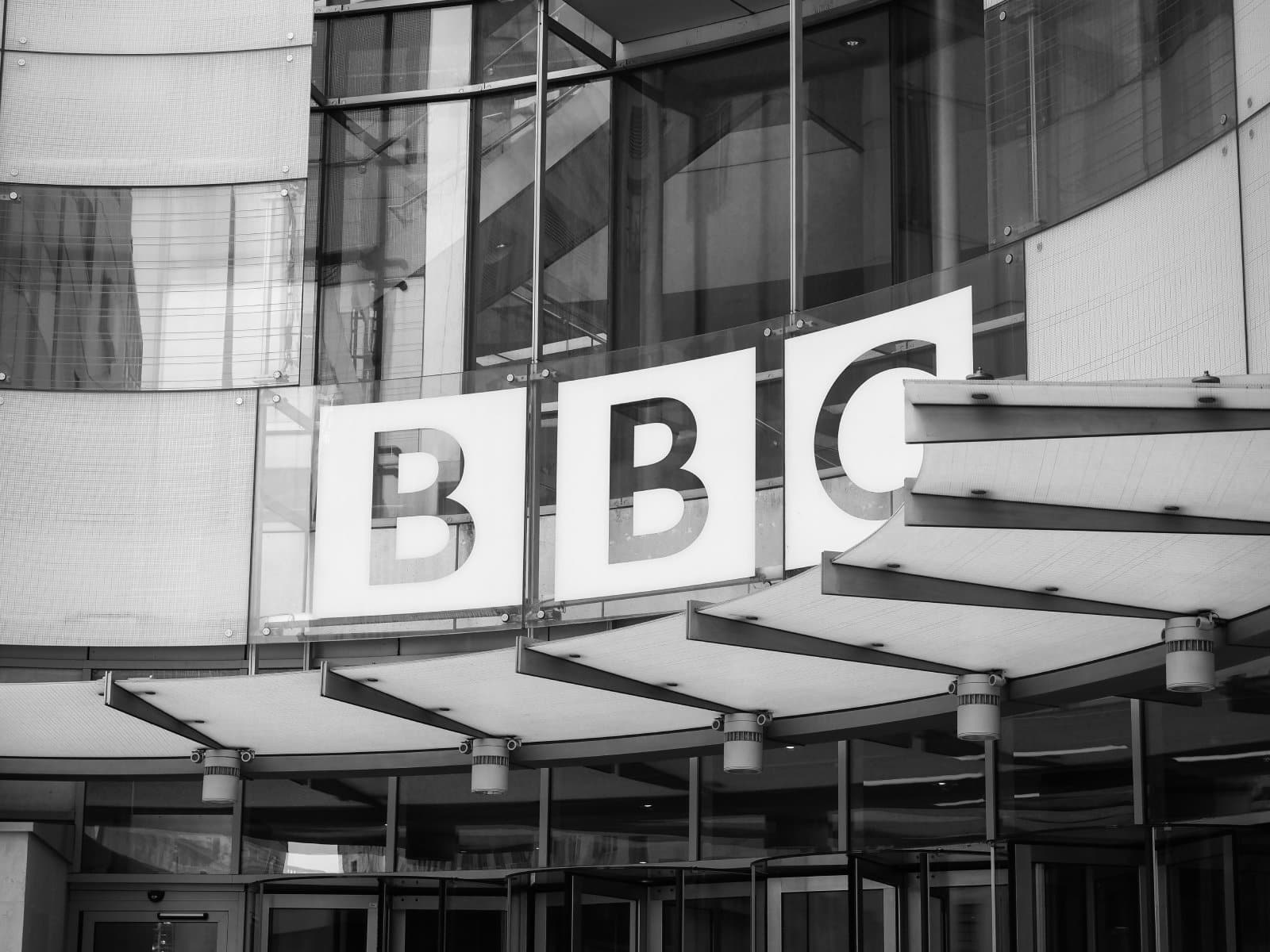
He accuses the BBC of having a liberal bias and argues for a reduction in its funding, believing it does not represent the views of all Britons.
13. Opposition to Political Correctness
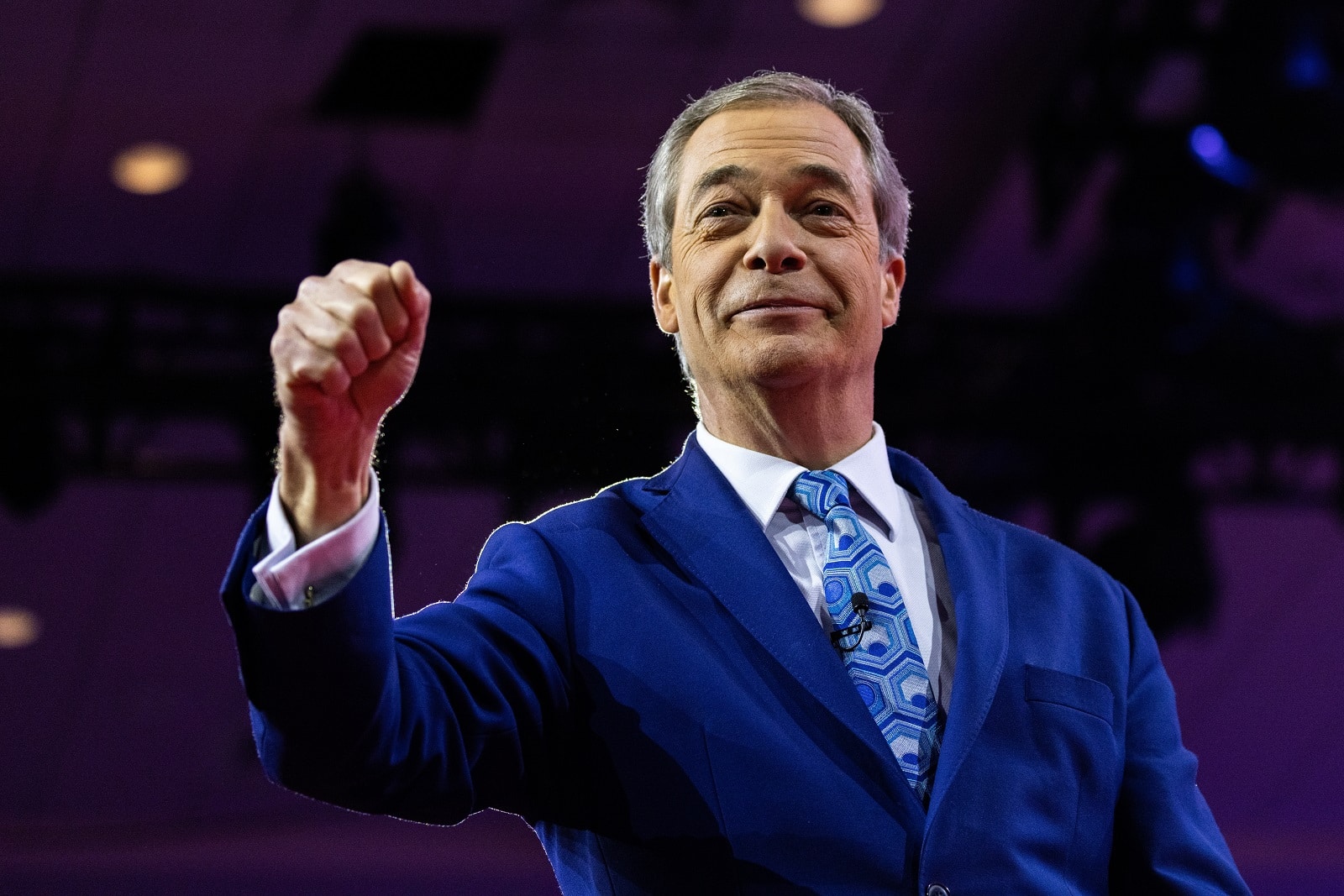
Farage often speaks against what he sees as the excesses of political correctness, arguing that it limits honest discussion and freedom of expression.
14. Support for Donald Trump
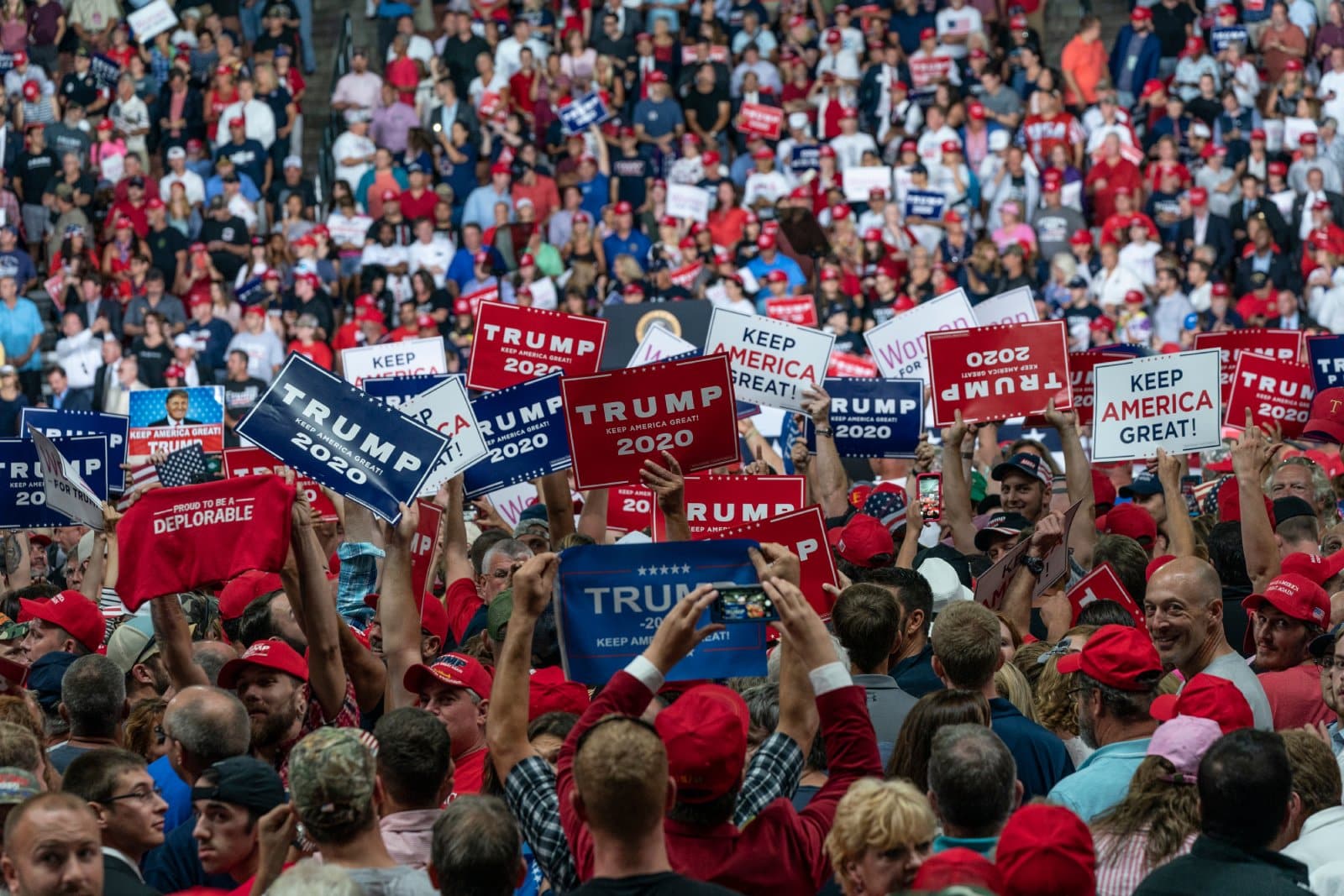
His alignment with Donald Trump highlights his affinity for populist leaders who challenge international norms and champion nationalistic policies.
15. Critique of the Royal Family
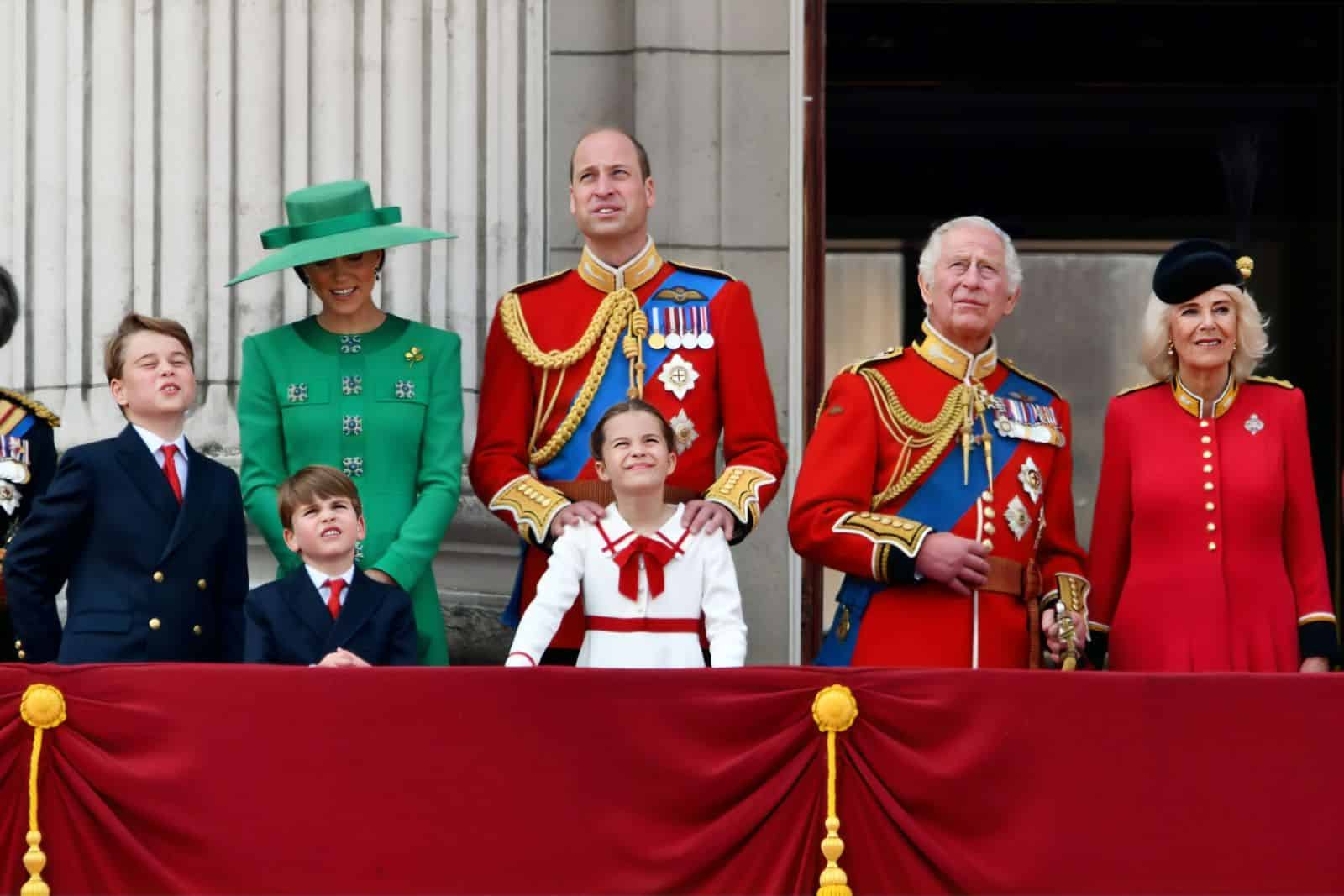
Farage occasionally criticizes the royal family, suggesting that they are disconnected from the lives of ordinary British people.
16. Anti-Socialist

He consistently opposes socialist policies, arguing that they stifle economic freedom and entrepreneurship.
17. Pro-Fishing Rights

He champions the cause of British fishermen, advocating for more favorable fishing rights and policies post-Brexit.
18. Skeptical of the NHS Model

While Farage claims he does not advocate for the NHS’s privatization, he believes the system needs significant reform to remain viable.
19. Support for a Points-Based Immigration System
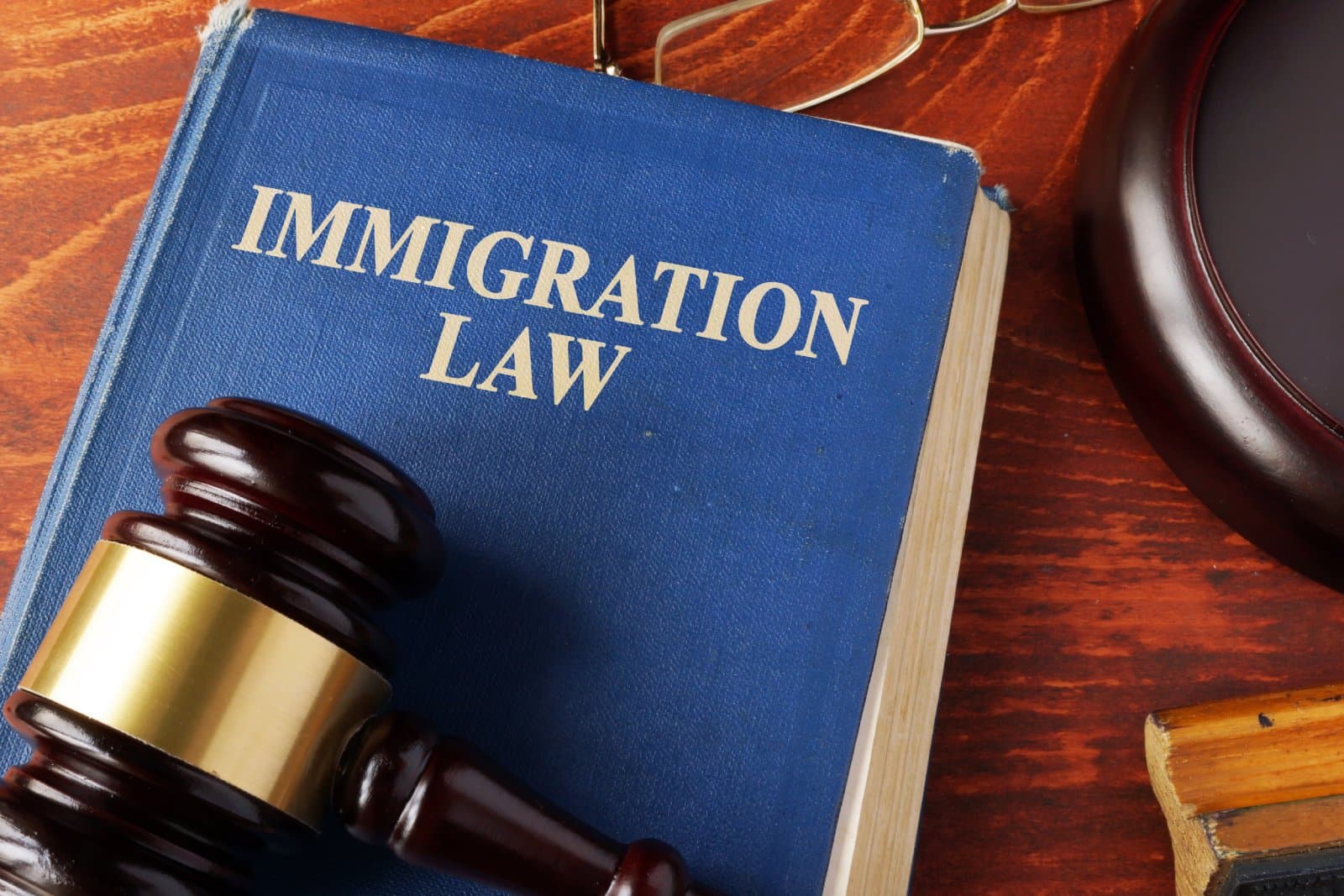
Farage proposes a points-based system for immigration, similar to those used in Australia, to better manage who comes into the UK.
20. Defender of British Sovereignty
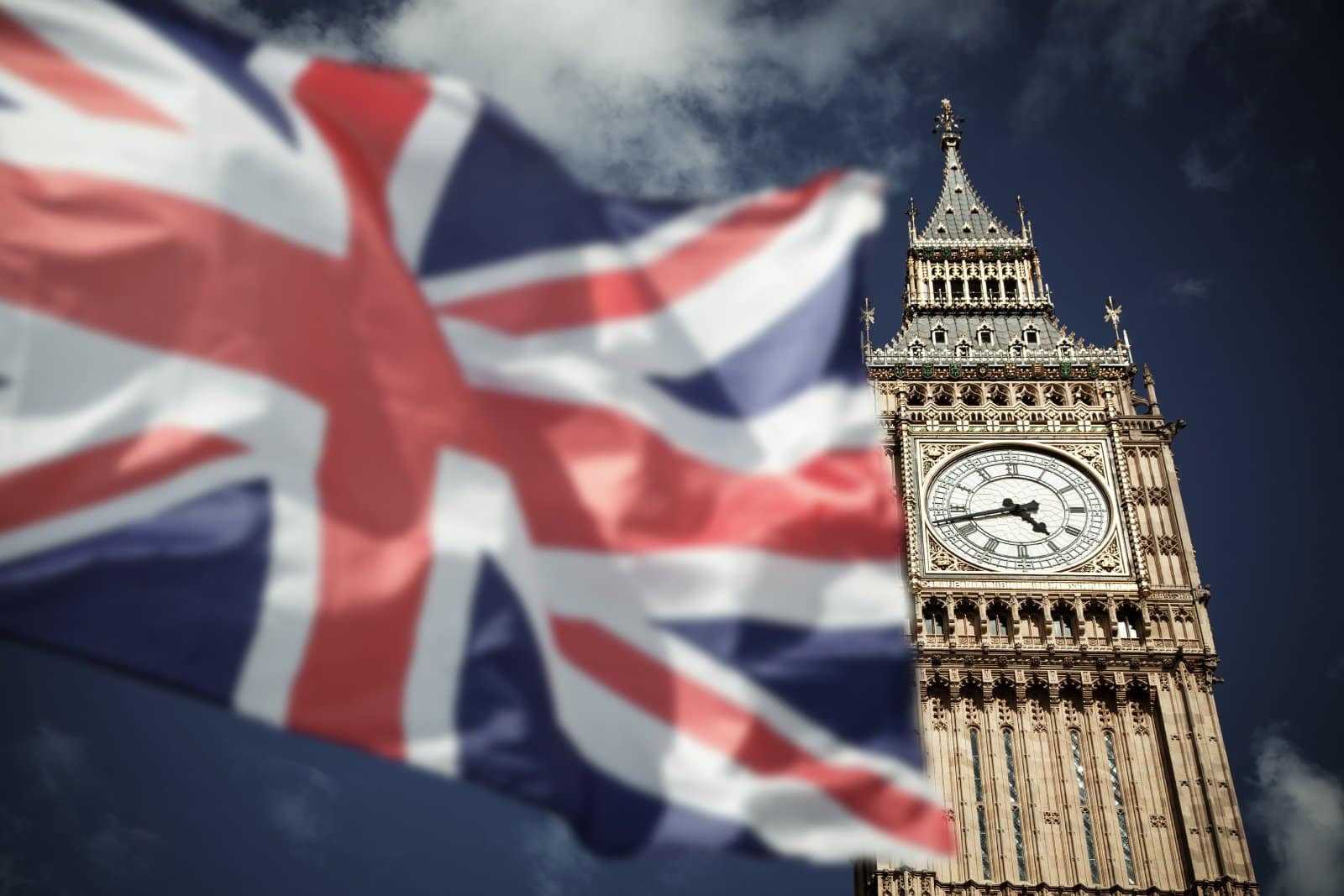
Above all, Farage positions himself as a staunch defender of British sovereignty, challenging any external influence over British legislation and culture.
Reflections on a Controversial Figure
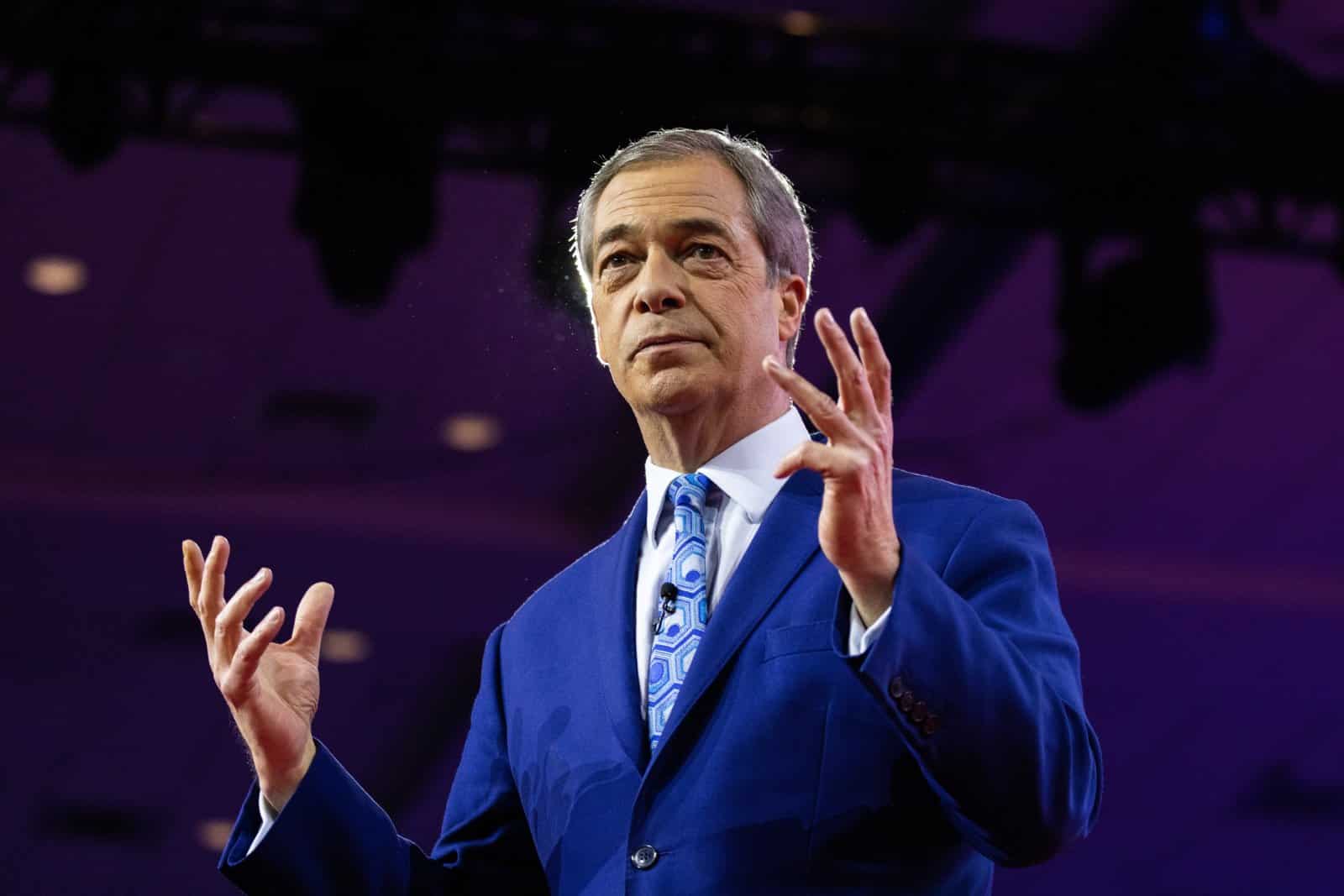
Nigel Farage’s stances paint a picture of a politician who is both admired and reviled, a figure who has undeniably shaped recent British history. Whether you agree with him or not, understanding his position offers insight into the currents that move today’s political landscape.
Featured Image Credit: Shutterstock / Frank 2012.
For transparency, this content was partly developed with AI assistance and carefully curated by an experienced editor to be informative and ensure accuracy.

